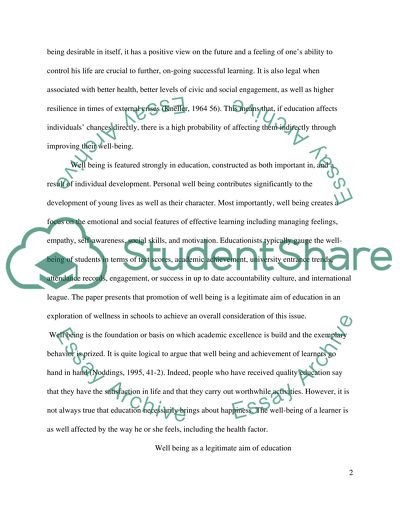Cite this document
(“Well-Being And Education Essay Example | Topics and Well Written Essays - 1000 words”, n.d.)
Retrieved from https://studentshare.org/education/1469553-well-being-and-education
Retrieved from https://studentshare.org/education/1469553-well-being-and-education
(Well-Being And Education Essay Example | Topics and Well Written Essays - 1000 Words)
https://studentshare.org/education/1469553-well-being-and-education.
https://studentshare.org/education/1469553-well-being-and-education.
“Well-Being And Education Essay Example | Topics and Well Written Essays - 1000 Words”, n.d. https://studentshare.org/education/1469553-well-being-and-education.


